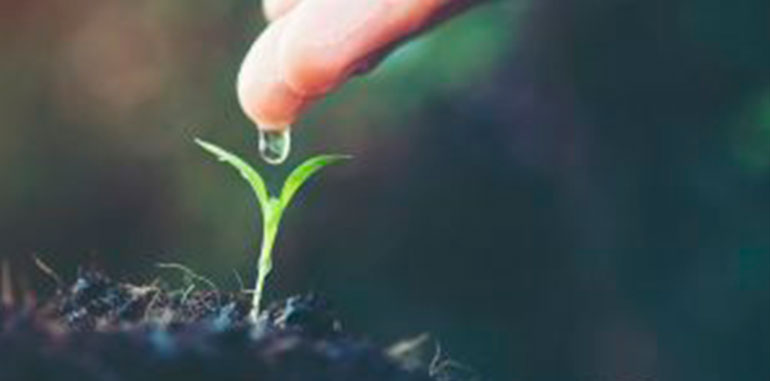Global efforts to raise awareness about the importance of caring for water as a precious and finite natural resource are still in force, in order to guarantee the existence of water in the future and for generations to come.
And it is that the population continues to increase and awareness about the decrease of this natural resource does not increase, which has made water increasingly scarce, to the point that studies argue that in 2050 more than 7 billion people will be affected by scarcity.
This March 22, like every year, the world water day, whose motto is “Coping with water scarcity”In this sense, the United Nations and the FAO seek to make this day more public, at the government level, and social awareness among the community in general, about the importance of understanding that water is a finite resource and not infinite as it was thought for many years, since it is not a renewable resource and as it is consumed it is depleted.
To understand what happens to water, it is worth remembering that the Earth contains around 525 million cubic liters of water. In fact, most of the planet is covered with water, about 3/4 parts.
In addition, in the water is the largest biodiversity of the planet, it is estimated that approximately 90% of the biomass of the Earth is in the water. Even the largest group of living beings on the planet and the only one seen from space, the Great Barrier Reef, is also found in the water.
But most of the water on the planet is salty. Only 2.5% of the water is fresh, and most of it is frozen. So even though we have a lot Water, not everything is suitable for him human consumption and the little that is suitable we are already finishing it.
A human being can last up to a month without food, but barely a week without water, so it is in our hands to take care of this precious resource. Here are some recommendations to contribute to your care and conservation:
- Close the faucet while you brush your teeth, while you lather up and while you scrub the dishes. 2. Take 3-minute showers daily.
- Collect rainwater or washing machine water.
- Reuse the water you use to wash fruits and vegetables to water your plants.
Together we can change the destiny of our natural resources!











